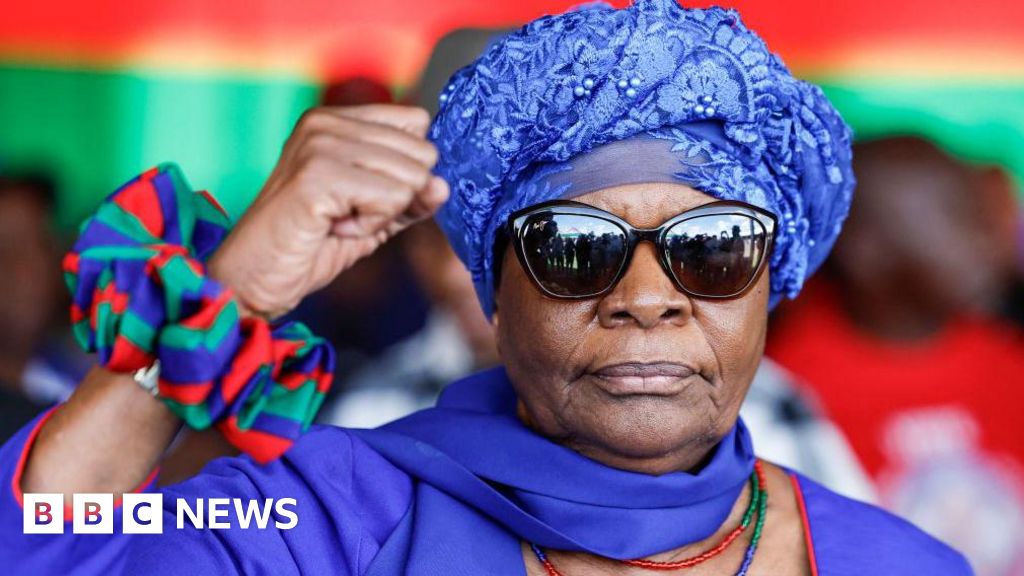Governor Charles Soludo’s pedigree in Banking, Financial management and International financial market is factoring a lot of positive developments in Anambra state political economy, a phenomenon unprecedented in the history of the state. This is solution of blending governance and fiscal dexterity in leadership which, in Anambra state socio-political experience, has now become an epitome of transparency and accountability in governance at federal and subnational levels.
In the absence of pilfering and looting of government funds by unsuspecting political appointees and contractors Soludo’s administration has set in motion adhoc and permanent administrative procedures for conserving and accruing revenues without multiple and needless taxations.
Armed with Fiscal Governance as an element of fiscal responsibility, the Governor has entrenched a set of definite rules, regulations and procedures for fiscal policy preparation, approval, implementation and monitoring. The three major goals of fiscal policy and signs of a healthy economy, according to the UN Sustainable Development Goals include unregulated inflation rate, full employment and economic growth as measured by the GDP.
For the first time in the history of Anambra state the economy is re-jigged to adopt and readjust to a formal economy instead of the characteristic informal economy without fiscal equations and budgetary solutions that simulate growth. Hence, the fiscal structure in the political economy means subjecting taxation, public revenue, public expenditure, and public debt to welfarist and egalitarian economy.
The eminent roles of Bigily group services is to drive a subnational tax system and political economy that is resilient and robust. Bigly Oil & Gas Services is one of the partners of AIRS and authorised revenue collectors in Anambra State. Empaneled in functionally pragmatic method, the government’s inter-ministerial and inter-sectoral oversight functions are stimulated. Accordingly, the slogan, “Doing More with Less” is both a fiscal mantra for cutting cost in governance and a veritable means of achieving sustainable and prosperous homeland.
Anambra state government ministries are where every naira is judiciously spent while driving development and improving the quality of life for the people of Anambra state. Prudent management of state resources ensures fiscal sustainability and transparency and this has been endorsed by BudgIT, an organisation that evaluates the financial health of Nigerian states. The government has been implementing a series of tax payment reforms that seeks to encourage greater compliance with tax laws and create a fairer system for all taxpayers.
Engaging Billy Oil and Gas Services as one of the authorised revenue collectors and partners of Anambra Internal Revenue Service has expedited actions in revenue generations and mobilization. Introducing a streamlined and efficient tax payment system is to make taxpayers make payments electronically thereby eliminating and reducing the risk of errors. With this, tax payment plans would be more manageable and taxpayers who are facing financial difficulties will be able to comply with tax challenges.
Quality control and assurance according to Sustainable Development Goals and the Federal Government regulatory commission are working seamlessly, a situation where tax consultants like Bigly Group, are mandated by legal frameworks to run their services electronically, although in instances where the haulage vehicle drive doesn’t have an ATM handy, approved government receipts are issued as alternative, which will be ultimately remitted electronically. This positive policy has improved greatly on what is on ground with drastic reduction of the number of illegal revenue collectors on the streets and roads across the state.
Under Governor Soludo’s reforms, the tax code has been simplified and made easier for taxpayers to understand and comply, a development that has encouraged more people to pay their taxes and reduce the number of audit opaqueness and discrepancies. Soludo’s governance model of fiscal prudence is, therefore, to drastically cut governance costs, prioritise capital spending, and achieve infrastructure development without borrowing. For instance, facility management costs were slashed from N137 million to N11 million monthly.
Additionally, Anambra’s budget allocates 77 per cxent to capital expenditures, far outstripping the 23 per cent for recurrent spending. This is in addition to personal and administrative austerity which is evident in the social outfits and outings of the Governor.
The Office of the First Lady has no budget allocation, and his wife uses their personal vehicle. This commitment to reducing waste is driven by a conviction that Anambra cannot afford extravagance. These measures have placed Anambra state among Nigeria’s top five states in fiscal sustainability, with a strategic goal of accruing recurrent expenses through internally generated revenue, giving room for investing federal allocations in other more challenging priorities of the state.
The Anambra state government’s fiscal policy is highly visible in the results of robust research and development across diverse sectors such as education, healthcare, road infrastructure, youth empowerment, agriculture and poverty alleviation. This is even as the goal of transforming the state into a livable homeland are gradually being achieved with efficient management of available resources.
Prof. Dukor is President/Editor-in-Chief of Essence Library (Cultural and Scientific Development Centre), Department of Philosophy, UNIZIK.

 3 months ago
53
3 months ago
53














![[ICYMI] No N500m missing from customer’s account, says Access Bank](https://cdn.punchng.com/wp-content/uploads/2018/09/14183604/20180707-DSC_0077new.jpg)
 English (US) ·
English (US) ·